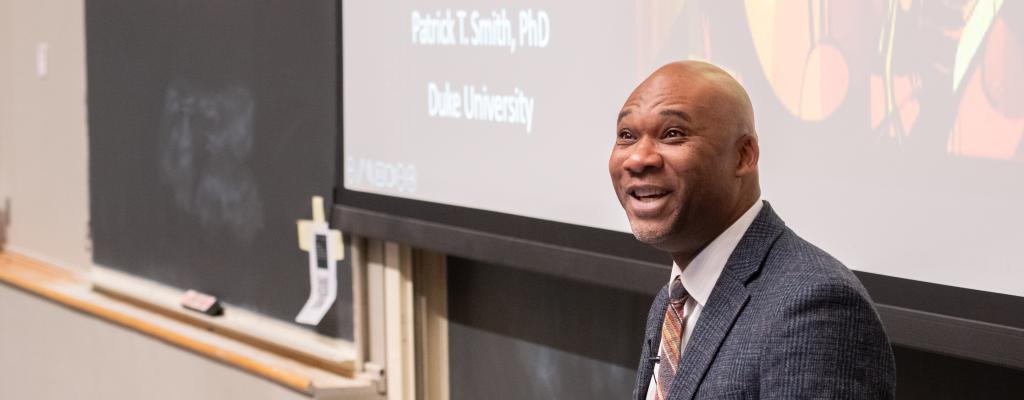Reflecting on the History of Health Care
In honor of Black History Month, Harvard Medical School and Tuskegee University have partnered on a series of events examining the history of racism in health care, its impact on Black individuals and the Black community, and gathering solutions for a healthier future from experts and thought leaders in history, health policy and law, social justice, and public health and medicine. The events are held in February and the recordings are typically uploaded to the Center's YouTube channel.
This series is co-organized by the Harvard Medical School Center for Bioethics, the National Center for Bioethics in Research and Health Care at Tuskegee University, and the Office for Culture and Community Engagement at Harvard Medical School.
